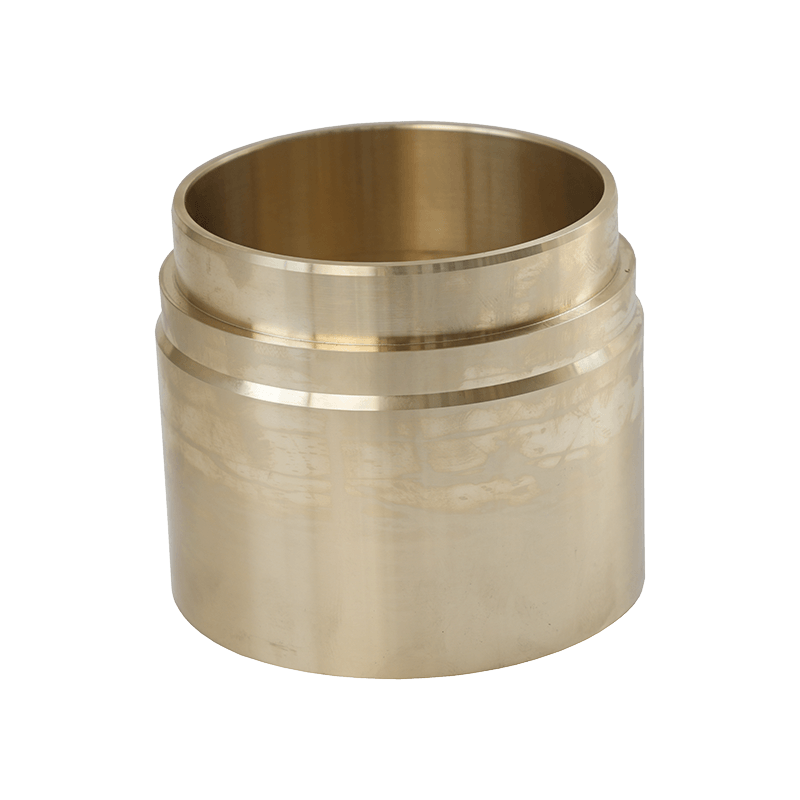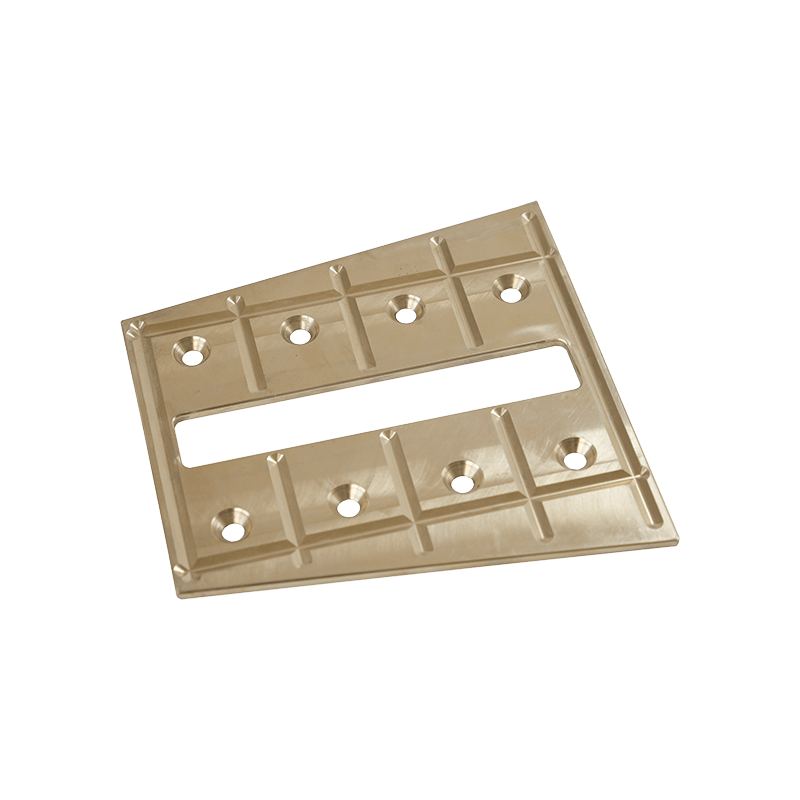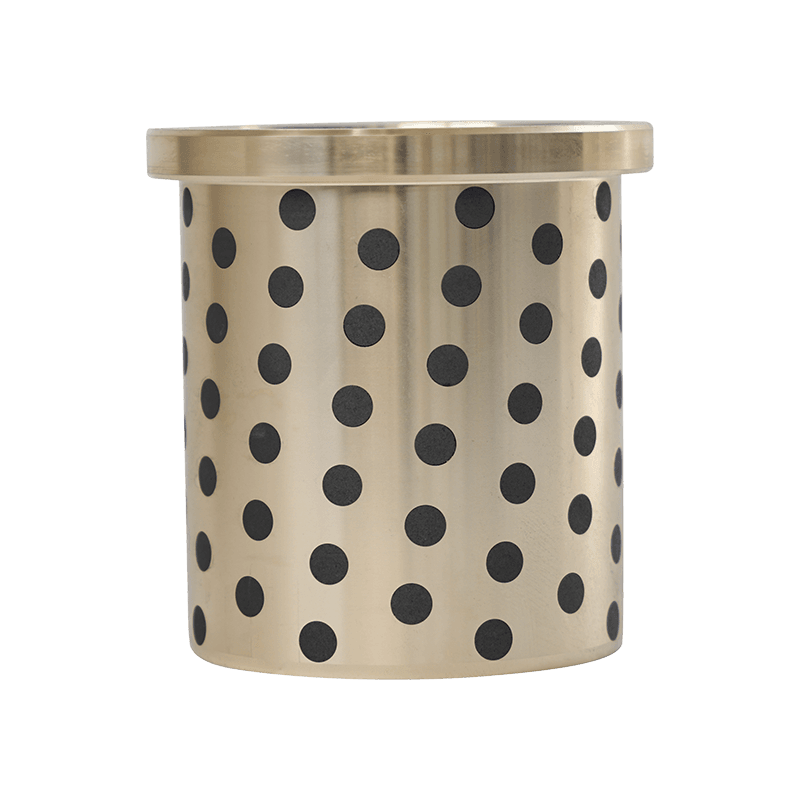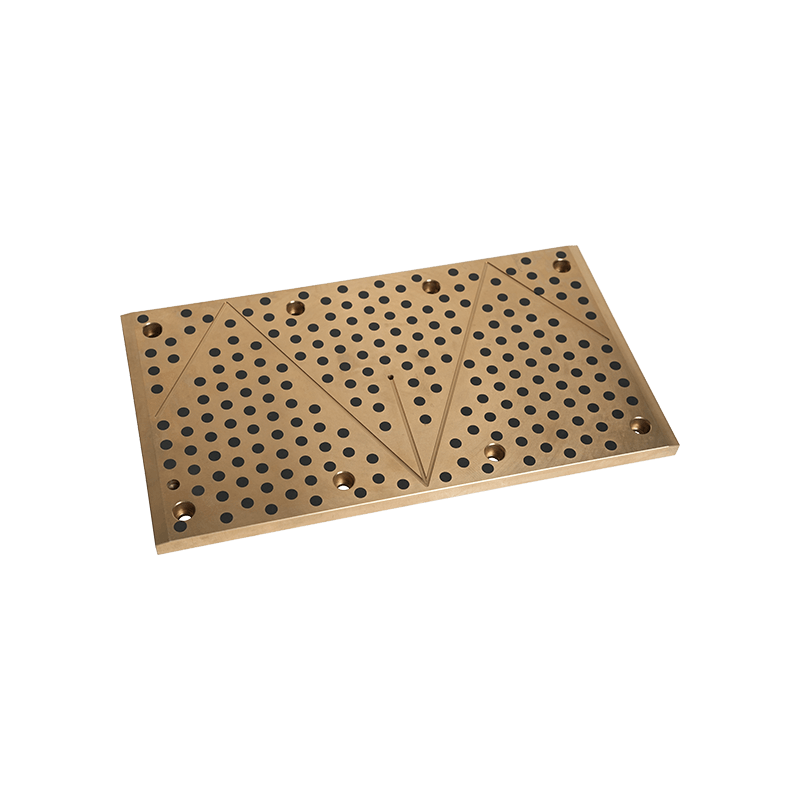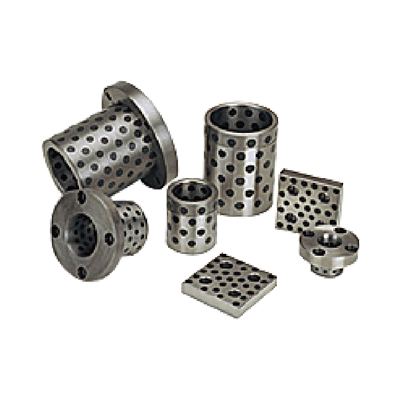The performance of the Pressure Screw Down Nut Unit in high temperature or high pressure environments is mainly reflected in its high temperature resistance, high pressure resistance, stability and corrosion resistance. The following are some specific performance characteristics and influencing factors:
In high temperature environments, the performance of the Pressure Screw Down Nut Unit depends on the choice of its material. Common materials include stainless steel, alloy steel and heat-resistant steel, which have good high temperature resistance and can withstand long-term high temperature environments. High temperatures will cause thermal expansion of materials. Therefore, the expansion coefficient of the material at high temperatures needs to be considered during design to ensure that the screws and nuts can be accurately matched to avoid loosening or failure of components due to excessive expansion.
In high temperature environments, the Pressure Screw Down Nut Unit can maintain its mechanical strength and stability and is not prone to deformation or cracking.
It has a wide temperature range and can operate normally at 400°C or even higher temperatures, depending on the heat resistance of the material.
Under high temperature conditions, pressure screws and nuts can effectively fix mechanical parts and reduce the impact of thermal expansion.
In high pressure environments, the Pressure Screw Down Nut Unit must be able to withstand external or internal pressure without thread slippage or nut loosening. The key to high pressure resistance lies in the design of the thread and the application of the tightening force. Under high pressure, the pressure screws and nuts are subjected to greater stress, so materials with high strength and pressure resistance, such as high-strength alloy steel or stainless steel, must be used.
In high pressure environments, the Pressure Screw Down Nut Unit can provide stable pressure regulation and locking functions to avoid loosening or leakage due to pressure fluctuations.
Reasonable design of threads and locking mechanisms prevents the contact surfaces of the screws and nuts from sliding or deforming when subjected to high pressure, ensuring the reliability of the connection.
It can withstand extremely high static and dynamic pressures and is suitable for industrial environments that require sealing and tightening force.
In high temperature or high pressure environments, the presence of corrosive media may affect the service life of the Pressure Screw Down Nut Unit.

Especially in the chemical, oil, and natural gas industries, there may be corrosive substances such as acids, alkalis, salt water, and chemical solvents in the environment. Therefore, it is very important to choose corrosion-resistant materials (such as stainless steel, titanium alloys, nickel alloys, etc.), which can effectively prevent corrosion in harsh environments.
The Pressure Screw Down Nut Unit made of corrosion-resistant materials can work stably for a long time in high temperature, high pressure and corrosive environment, avoiding failures caused by corrosion.
Anti-corrosion treatment (such as electroplating, coating) can increase the corrosion resistance of components and extend their service life.
Material selection and surface treatment technology can ensure that the product will not rust, corrode or deteriorate in extreme environments.
In long-term high temperature or high pressure working environment, the thermal stability and durability of the Pressure Screw Down Nut Unit directly affect the operation effect of the equipment. The fatigue strength and anti-aging ability of the material are crucial, especially under continuous operation conditions of high temperature and high pressure. The thermal stability of the material ensures that the component will not lose its original strength or rigidity due to thermal stress or pressure fluctuations during operation.
High-quality materials and design can ensure that the Pressure Screw Down Nut Unit can continue to work stably under high temperature and high pressure conditions, avoiding performance degradation due to long-term use.
In the case of thermal cycling or pressure fluctuations, the locking performance of the screws and nuts is not affected, maintaining efficient working conditions.
Thermal expansion in high temperature environments may cause structural changes in the Pressure Screw Down Nut Unit, especially the contact area of the threaded part. It is necessary to consider thermal expansion factors when designing, select materials with similar expansion coefficients, and ensure that the screws and nuts can withstand changes caused by temperature fluctuations. Some materials have a large thermal expansion coefficient, which may cause the nut to loosen or the screw to stick in an environment with large temperature changes.
Proper design and material selection can reduce the thermal expansion effect caused by temperature changes and ensure the precise fit of the pressure screw and nut.
In an environment where thermal expansion may be large, ensure that the fasteners and mechanical components used can adapt to temperature changes without affecting overall performance.
The Pressure Screw Down Nut Unit performs well in high temperature and high pressure environments and can ensure efficient and safe operation under extreme working conditions. By using high-performance materials that are resistant to high temperature, high pressure and corrosion, as well as reasonable design optimization, it is ensured that it can perform locking, adjustment and fixing tasks stably for a long time. Whether in petroleum, chemical, aviation or other industrial applications, the high temperature and high pressure tolerance of the Pressure Screw Down Nut Unit makes it a key equipment component, greatly improving the reliability and service life of the equipment.

 English
English Deutsch
Deutsch Español
Español русский
русский

 +0086-513-88690066
+0086-513-88690066